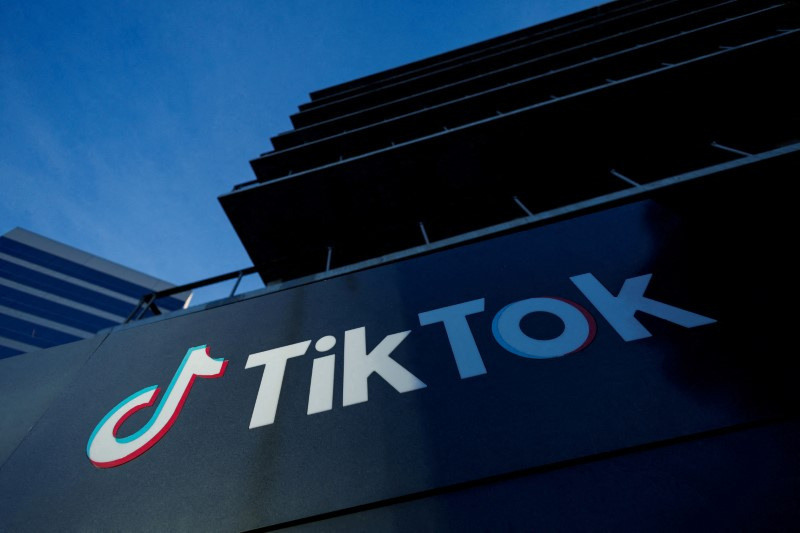(Reuters) - A U.S. federal appeals court on Friday upheld a law that could force China-based ByteDance to sell its short video app TikTok in the United States. Here is a look at some of the key passages from the blockbuster ruling, which rejected claims that the law will infringe the U.S. Constitution’s First Amendment speech protections.
From Judge Douglas Ginsburg’s main opinion, which was joined by Judge Neomi Rao:
--"The multi-year efforts of both political branches to investigate the national security risks posed by the TikTok platform, and to consider potential remedies proposed by TikTok, weigh heavily in favor of the Act."
--“Given the Government’s well-supported concerns about ByteDance, it was necessary for the Act to apply to all ByteDance entities."
--“The law was the culmination of extensive, bipartisan action by the Congress and by successive presidents. It was carefully crafted to deal only with control by a foreign adversary, and it was part of a broader effort to counter a well-substantiated national security threat posed by the PRC."
--“The First Amendment exists to protect free speech in the United States. Here the Government acted solely to protect that freedom from a foreign adversary nation and to limit that adversary’s ability to gather data on people in the United States.”
--"Consequently, TikTok’s millions of users will need to find alternative media of communication. That burden is attributable to the PRC’s hybrid commercial threat to U.S. national security, not to the U.S. Government, which engaged with TikTok through a multi-year process in an effort to find an alternative solution."
--"We recognize that this decision has significant implications for TikTok and its users. Unless TikTok executes a qualified divestiture by January 19, 2025 — or the President grants a 90-day extension based upon progress towards a qualified divestiture, § 2(a)(3) — its platform will effectively be unavailable in the United States, at least for a time."
From Chief Judge Sri Srinivasan’s concurring opinion:
--“Congress’s objective was to protect our national security from the clandestine influence operations of a designated foreign adversary, regardless of the possible implications for the mix of views that may appear on the platform.”

--“Congress judged it necessary to assume that risk given the grave national-security threats it perceived. And because the record reflects that Congress’s decision was considered, consistent with longstanding regulatory practice, and devoid of an institutional aim to suppress particular messages or ideas, we are not in a position to set it aside.”
--“The divestment mandate is ‘not substantially broader than necessary to achieve’ Congress’s national-security objectives.”